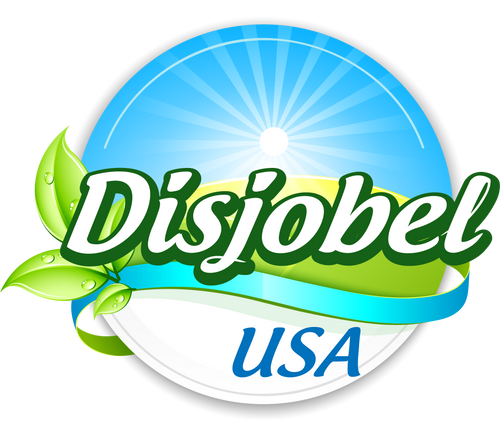Today, non-GMO food has gained worldwide popularity, and the United States and Canada are no exception. The food industry in these countries is adopting non-GMO foods in its production, especially in the bakery sector.
Non-GMO food: Presence in the U.S. and Canada
Non-GMO foods (transgenic foods) are those that do not contain genes modified by food science. These foods are becoming more popular due to their alleged health and environmental benefits.
In the bakery industry, producers use these foods as inputs in the production of products. This includes ingredients such as flour, sugar, and eggs, which are often sourced from non-GMO plants. In addition, bakers are beginning to use non-GMO ingredients in the production of gluten-free breads and cakes. Other ingredients used in this industry are dried fruits and nuts.
The above has allowed consumers to choose healthier options.
Benefits of Non-GMO Compared to GMO Food
Non-GMO has several benefits compared to GMO foods. Studies have shown that they can be more nutritious and have less impact on human health and the environment (Morgan, s.f.). In addition, they may be safer, as they do not contain modified genes that could be toxic or allergens.
Who Makes Sure That a Food is GMO or Not?
Among the entities that work for consumer health, is the Food Safety Modernization Act (FSMA) of the United States. This is legislation with the objective of modernizing, and strengthening the country's food safety system, which works hand in hand with food technology. Its purpose has objectives such as:
- Prevent food contamination.
- Improve the safety of imported products.
- Increase inspection and compliance with food safety standards.
Although the FSMA is not responsible for specifically reviewing whether a food is GMO or not, it influences labeling practices in food production. Additionally, FSMA promotes transparency in the food supply chain (FDA, 2024).
Why use Non-GMO Food in the Food Industry?
In summary, non-GMO food is gaining popularity in the U.S. and Canadian food industry, especially in the bakery sector. In addition, consumers are more aware of the importance of healthy and sustainable food. Therefore, food companies need to adapt to these trends and start using them in their production. This can not only help to improve the health and well-being of consumers. It can also give companies a more positive image and increase their popularity among conscious consumers.
If you are interested in learning more about non-GMO food, and how they can improve your business, visit our website and find out how we can help you start using non-GMO foods in your business.
Referencias bibliográficas
Morgan, C. (s.f.). The environmental impact of genetically modified crops. Montana State University. https://www.montana.edu/hhd/graduate/dietetics/blog_posts/GMO_environment.html
Food and Drug Administration. (2019). Voluntary labeling indicating whether foods have or have not been derived from genetically engineered plants: guidance for industry. https://www.fda.gov/media/120958/download?attachment
U.S. Department of Agriculture. (s.f.). Organic regulations. https://www.ams.usda.gov/rules-regulations/organic
FDA. (2024, 2 de mayo). Food Safety Modernization Act (FSMA). https://www.fda.gov/food/guidance-regulation-food-and-dietary-supplements/food-safety-modernization-act-fsma#:~:text=The%20FDA%20Food%20Safety%20Modernization,foodborne%20illness%20to%20preventing%20it.





















